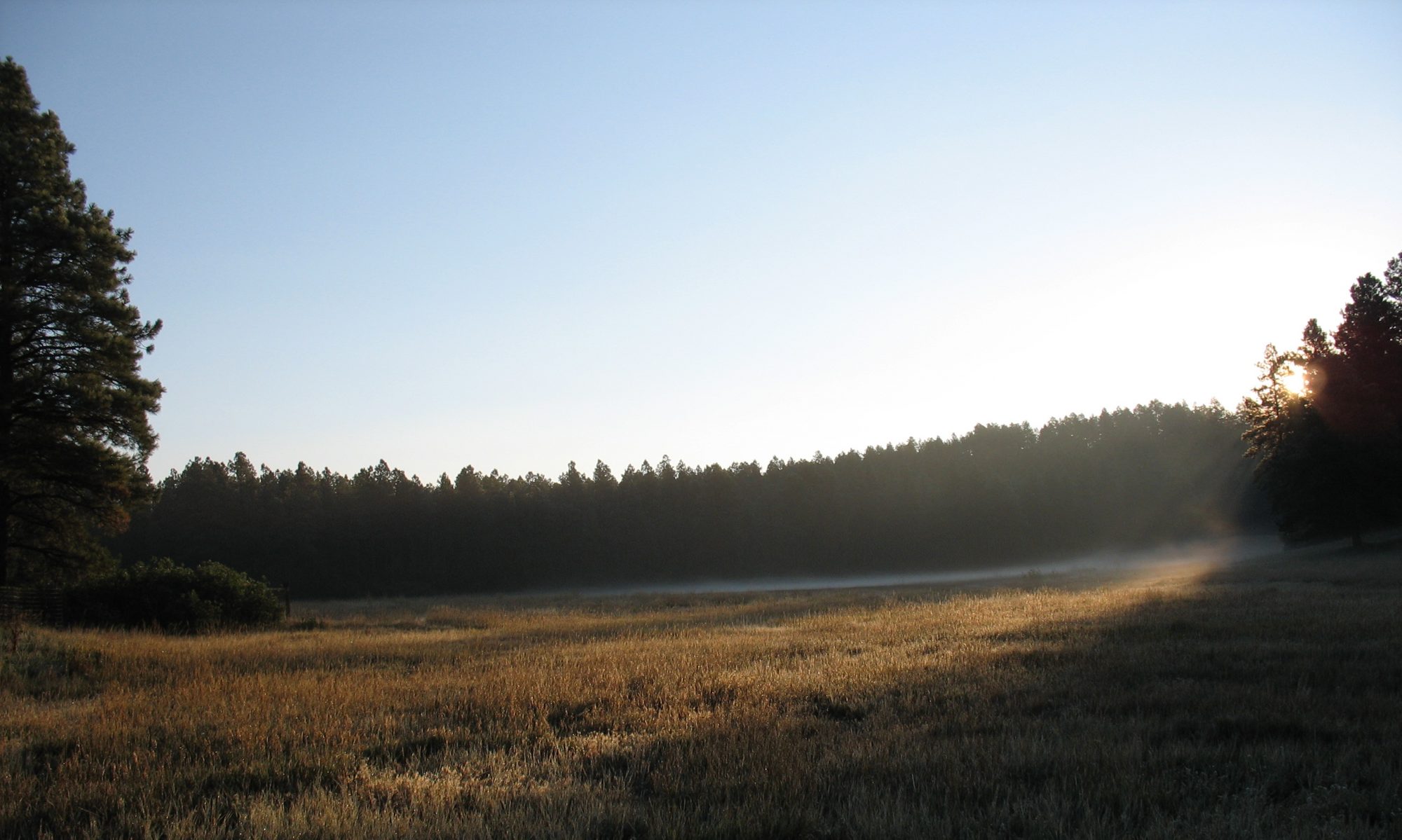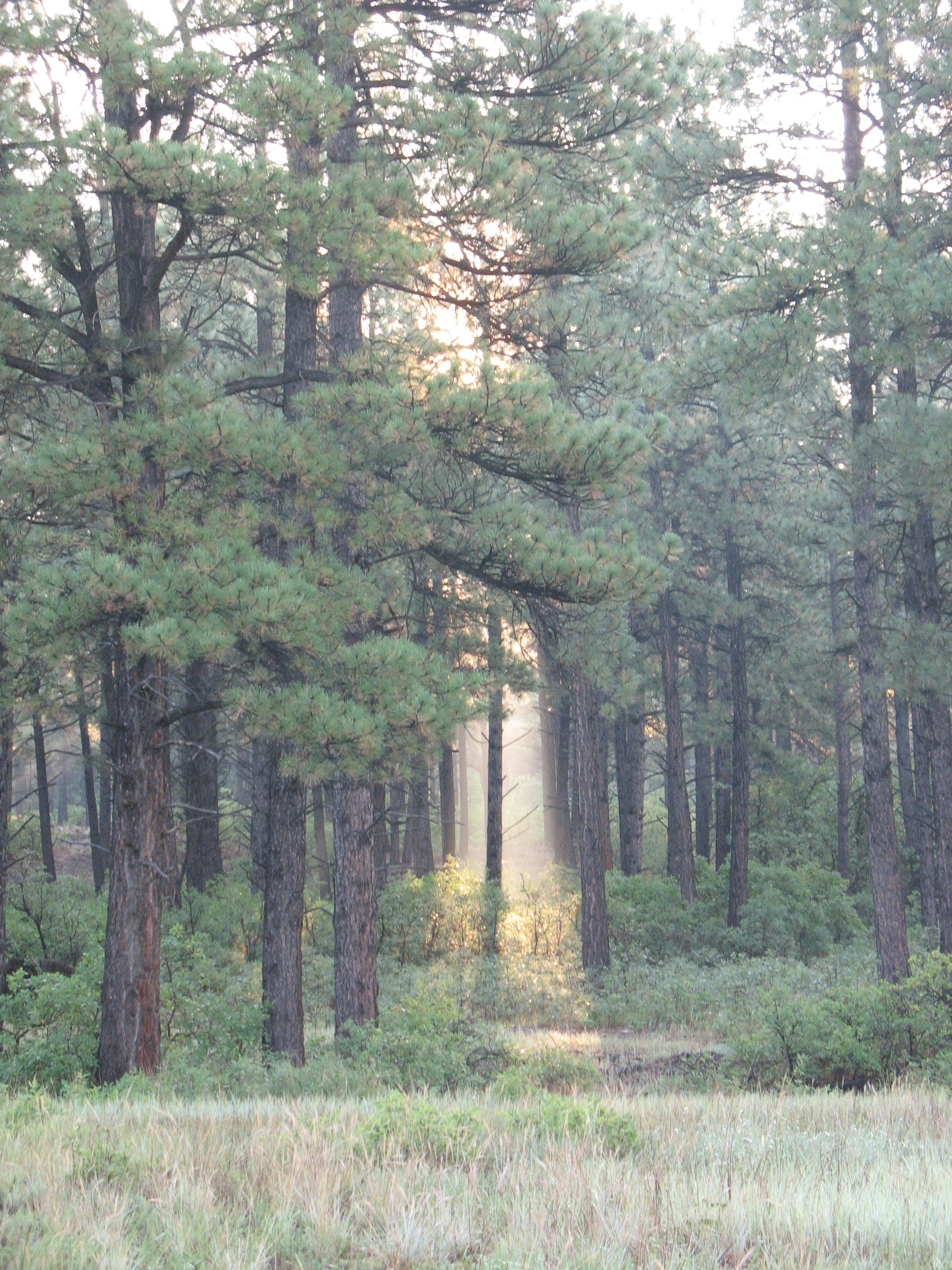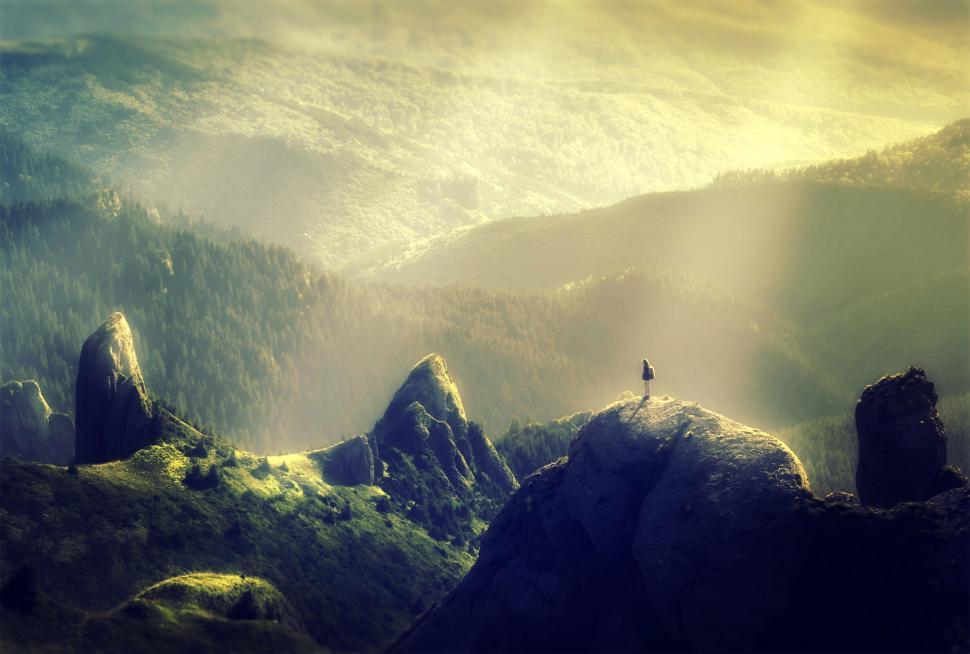If he won’t get in the trailer, it might be because he’s worried about the shaky footing, or because he hated the last trailer ride he went on, or because he’s ignoring you, or because his friends are back in the paddock, or because you’re not being firm enough, or because you never taught him to mind you in the first place, or because you just don’t have what it takes.
If he wiggles while you saddle him, it might be because he’s uncomfortable with the cinch, or because there’s a sticker in the saddle blanket, or because he’s distracted by the dogs over there, or because he’s bored, or because his back hurts, or because he doesn’t respect you, or because you just can’t get there with him.
If he won’t pick up the canter, it might be because he’s out of balance in his hind end, or because he’s too heavy on his front end, or because he’s lazy, or because you haven’t got his attention, or because you’re out of position, or because your legs say go but your seat says stay, or because you really don’t belong here.
You can fix it by doing more by doing less, or by being his leader while being his friend, or by moving faster without rushing, or by moving slower without dawdling, or by driving him into a stop, or by working him harder without drilling him, or by finding and filling in all the secret holes in your character.
And you can fix it by being sure, being flexible, being confident, being relaxed, being fair, being firm, being brave, being humble, being bigger than you are, being smaller than you are, being what you always wanted to be and never were.
Just don’t be emotional, don’t be cold, don’t wait too long, don’t come in too soon, don’t chicken out, don’t push too hard, don’t nag at him, don’t coddle him, don’t think too much, don’t forget, don’t rush him, don’t get sucked into the existential chasm in the corner.
You’ll know you’ve got it when he’s content and willing and snappy and relaxed and bright and forward and balanced.
You’ll know it’s good when you’re in harmony, in synch, partners in a dance.
His legs will be as your legs, your bodies will move as one.
And the nights will pass quicker and the shadows in the corners will grow quiet.
You’ll know.









